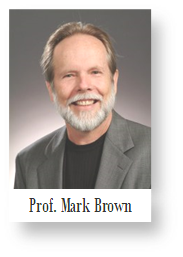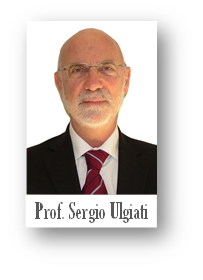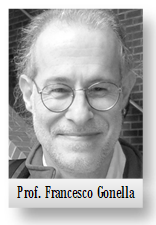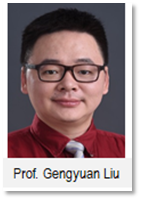
 位置: 首页»
通知公告
位置: 首页»
通知公告
2023 International Summer Course on Environmental Accounting and Management
July 3-7, 2023
Location: Beijing Normal University
School of Environment, Beijing Normal University, Beijing, China
Multi-scale Ecological Simulation and Environmental Security Regulation Technological Innovation Base
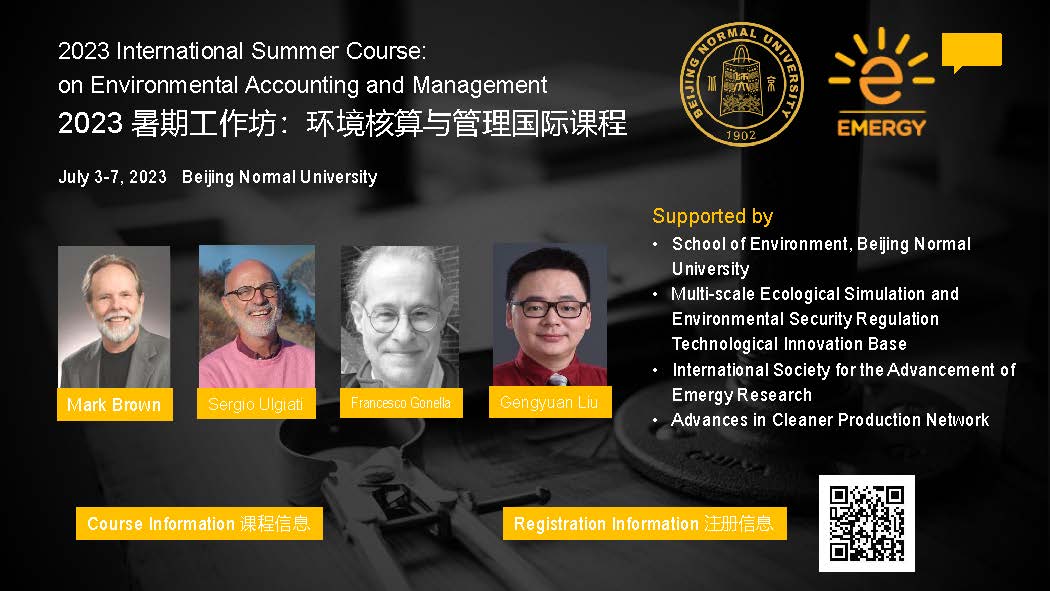
International faculty members国际教师团队:
|
Mark Brown is a professor of Environmental Engineering Sciences and director of the Center for Environmental Policy at the University of Florida. He is the Academic Master in BNU. His interests in research and education are centered on several areas that deal with the interface of humanity and environment including, systems ecology, ecological engineering, ecological economics, environmental planning, environmental policy, restoration ecology and wetlands ecology. Mark Brown,佛罗里达大学湿地与环境政策研究中心主任,基地学术大师。师从系统生态学创始人H.T. Odum,主要研究领域为能源与环境政策、生态系统服务评估、湿地生态修复等方面,发表论文140余篇,文章引用5600余次,H指数35。国际能值协会创始人,曾担任美国生态工业协会主席。 |
|
Sergio Ulgiati is a professor of the Parthenope University. He is the Academic Master in BNU. His interests in research and education are centered on several areas that deal with the emergy analysis, circular economy, zero emission and urban ecological management. Sergio Ulgiati,意大利Parthenope大学教授,基地学术大师。2007年至今长期致力于链接中意两国科研力量,研发循环经济理论、零排放技术并运用到管理实践之中。发表论文200余篇,其中“中国循环经济测量”和“中国与世界的可持续、幸福与循环经济”两篇文章发表在顶级期刊Science上,分享循环经济的实践与思考。 |
|
Francesco Gonella is a Professor of Ca’ Foscari University of Venice, Italy. He was Director of the International School on Emergy Accounting, Venice 2013, 2015 and 2018. Research interests include nano-structured glasses, environmental Physics, systems thinking, and higher education. Francesco Gonella,威尼斯Ca Foscari大学教授,外专局高端人才,担任国际能值课程主任。研究兴趣包括环境物理学、系统思维及教育等。 |
|
Gengyuan Liu is a Professor of School of Environment, Beijing Normal University. He specialises in urban ecological planning and Management, value realization of ecological products and urban energy-water-carbon nexus. He is the Center Director of Advances in Cleaner Production Network, Regional Center, and Secretary-in-Chief for China Chapter of International Society for Advancement Emergy Research. 刘耕源,太阳成集团tyc234cc主页教授,博士生导师,青年长江学者。长期致力于城市生态规划与管理、生态产品价值实现、能-水-食物耦合等方面的研究,担任欧盟能源项目外籍专家,国际能值协会中国分会秘书长、国际清洁生产网络亚太区主席等。 |
课程安排 Course Plan:
Monday July 3 |
Tuesday July 4 |
Wednesday July 5 |
Thursday July 6 |
Friday July 7 |
|
9:00-11:00 (UTC+8 Beijing time zone)
|
Course A Francesco Gonella/ Gengyuan Liu |
Course C Sergio Ulgiati |
Course E Sergio Ulgiati |
Course G Sergio Ulgiati |
Course I Francesco Gonella |
13:00-16:00 (UTC+8 Beijing time zone)
|
Course B Mark Brown |
Course D Mark Brown |
Course F Mark Brown |
Course H Mark Brown |
Course J Mark/Sergio/ Issuing of course certificates |
课程信息Course Information
Course A:
l A short summary of Systems Thinking and diagramming; The importance of feedbacks
l The emergy accounting of an energy plant…for its sustainability assessment
l The concept of sustainability, Case study: a biogas power plant
l The role of boundary extension in the emergy accounting
Course B:
l Discussion of systems thinking, Why think systemically? Drawing diagrams.
l Discussion of emergy principles and concepts and how they relate to everyday life. Examples of laws of thermodynamics, maximum power, hierarchy, Maximum Power Principle
l Calculation of renewable emergy sources from the Geosphere Emergy Baseline
Course C:
l quick description of LCA and its use for calculation of UEVs. Examples: UEVs of chemicals used in agriculture.
l paper making and recycling. Integrated use of LCA and Emergy for high quality paper making and assessment.
l Emergy for Circular Economy policy–making
l urban waste management and wastewater, and waste management policies
Course D:
l Discussion of Emergy Algebra, Issue of double counting. Static and dynamic emergy accounting.
l Example emergy accounting table: Static accounting
l Example of dynamic accounting: EXCEL solver
Course E:
l transportation patterns (cars, buses, trains and high speed trains, flights) and mobility policies
l electricity generation from different sources
l Emergy assessment of rural and urban environment
l Emergy evaluation of electronic waste recovery: costs and benefits
Course F:
l Discussion of the relations between emergy, economy, and money
l Using the NEAD
l Discussion of the relations between emergy and urban systems
Course G:
l Quick definition of “value”: money, energy, emergy, just as a start (15 minutes maximum)
l practical examples of emergy evaluations to understand values and support choices (e.g. trade, agriculture, energy, recycling, water);
l Emergy accounting of a bioelectricity production site.
l Agriculture-breeding-conversion: the role of subsystems in the emergy systemic description.
Course H:
l Discussion of the concept of “ecosystem”… the difference between natural capital and ecosystem services. Why is limiting factors principle so important? Species and information
l Computing and graphing emergy signature of estuarine system
l Emergy evaluation of estuarine impacts and losses
Course I:
l Sustainability assessment of bioelectricity production through emergy indicators.
l How different scales and boundaries address different narratives for the system sustainability.
Course J:
l Discussion of concept of environmental impact…assessing environmental impacts
l Discussion of emergy evaluation of alternatives. Computing Net Emergy
l Simulation modelling: examples using EXCEL
课程注册信息Registration Information:
If you are interested, please fulfill the registration link.
https://www.wjx.top/vm/wwzvz7k.aspx# (to receive the following schedule)
Students in BNU can fill in your student ID to receive credit after course.
And question, please send your person information to Prof. Gengyuan Liu’s email address (liugengyuan@bnu.edu.cn).
课程支持单位Supporting Information:
l School of Environment, Beijing Normal University
l Multi-scale Ecological Simulation and Environmental Security Regulation Technological Innovation Base
l State Key Joint Laboratory of Environment Simulation and Pollution Control
l International Society for Advancement Emergy Research
l Matteo Ricci Network

